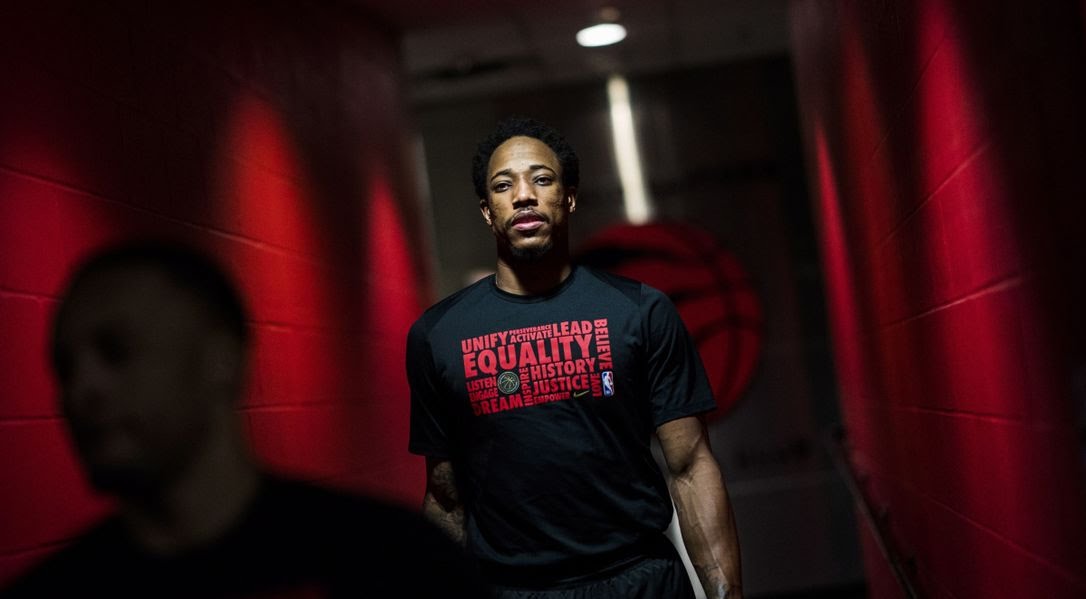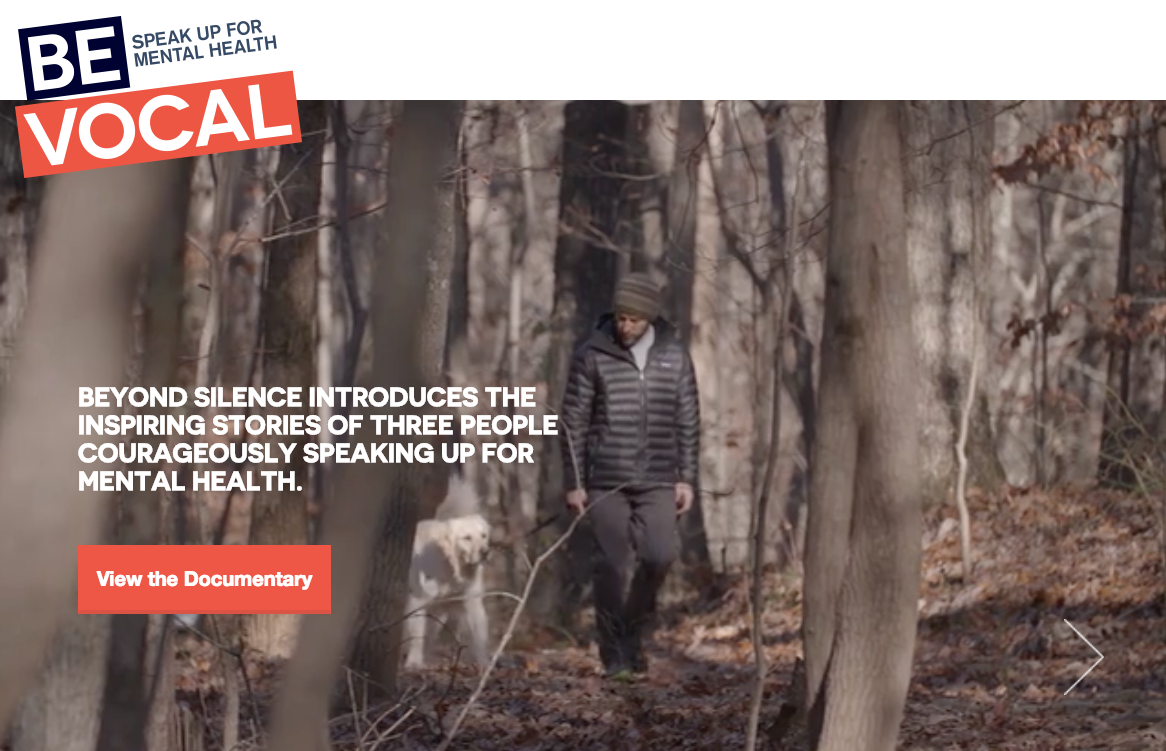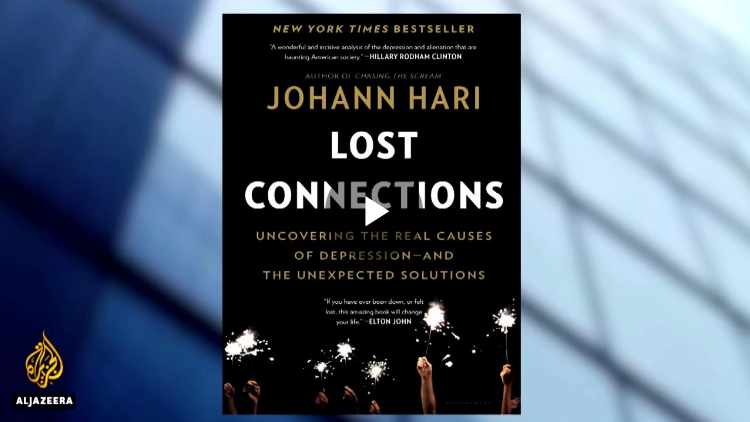This life certainly likes to push us to our limits, but sometimes, it all seems like too much and we fall into a black abyss of despair and hopelessness.
Feeling broken doesn’t mean that you should just give up entirely, however; it just means you need to take a step back and let those feelings come to the surface.
We all feel broken from time to time, because life can seem heartbreaking and terrifying when we go through certain experiences. These life lessons only make us stronger and more capable of dealing with life, though, so use your brokenness as a gift that will help you grow as a person.
1. Remember that cracks allow light to come in.
If you didn’t become broken from time to time, there would be no place for the light to enter your soul. Basically, it takes awful, heart-wrenching experiences for us to see all the good in the world sometimes, and for us to go through a transformation of the soul. If we just had positive, uplifting experiences all the time, we would have no room to grow and no life experiences that would challenge us to become more resilient, powerful people.
You can’t expect life to grant you an easy ride; if it did, you would miss out on life-changing experiences that would break you open, tear you apart, and rebuild you into a better version of yourself. Many parts of ourselves open up when we feel broken, so remember this any time you feel exhausted and utterly shattered by life.
2. Remember to accept and honor your feelings; don’t fight them.
Don’t feel bad for having negative or heavy emotions; if you didn’t, you wouldn’t be human. Certain experiences warrant a strong reaction from us, and sometimes that means crying, screaming, falling to our knees, and just accepting the waves of emotion that come over us. Keeping all of this balled up inside will only backfire in the end, so don’t ever keep your feelings hidden for fear of other people’s reactions. Fighting off your feelings will only delay the breakdown, and you’ll walk around feeling the weight of the world on your shoulders. You must walk bravely into the place within you that harbors these deep emotions, so you can begin to work through them and figure out what they want you to take from all you’ve been through.
3. Keep remembering your “why.”
During hardships, we often forget what we even want from life in the first place. We all came here to love with all of our hearts, and increase the vibration of this planet in unison. When you feel broken, you can easily overlook or forget your mission here on Earth, but going through hard times actually gives your purpose more depth. If you didn’t go through unpleasant experiences, you wouldn’t be able to relate to so many other people on this planet who go through hard times almost every day. Keep your “why” in mind, and reflect on how the negative situations you’ve encountered allow you to have a more well-rounded perspective and better serve your purpose on Earth.
4. Remember everything that exists beyond your brokenness.
Just because you feel broken, does not mean the whole world shares your perspective. It does not mean the entire planet must go down in flames because of one bad day or experience you had, so remember to broaden your perspective next time you go through bad times. Think of the fact that you still get to breathe fresh air, see the clouds float by on a sunny day, feel the wind on your skin, smile at a stranger..think of all these beautiful little things you can still do even though you feel broken. Remember all of the good things happening on the planet despite your temporary slump, and the whole world won’t look like such a dark place anymore.
5. Remember the friends and family that are there for support.
When you feel down and out about life, your friends and family will comfort you and be your rock when you need them. Don’t hesitate to ask them for help, because we all need some assistance when we go through a rough patch in life. If you feel like a burden on them, just remember all the times you were there for them; the people who care about you would gladly do the same for you.
6. Remember to focus on the things that bring you joy.
So often when we feel broken, we focus our attention entirely on our despair and forget about the things that bring us happiness. Go out and get some sunshine, plant some flowers, ride your bike, catch up with friends over coffee, or simply anything on this Earth that makes your heart light up with joy. Just because you feel broken, doesn’t mean you have to spend every waking minute of your life mulling over your feelings and wallowing in a sea of turmoil.
7. Don’t identify so much with your feelings.
Remember that you don’t really own your feelings or thoughts; they just come and go as they please, and you just get to watch them make an appearance, even if you didn’t invite them in. Think about this: you consciously invite friends and family over to your house, but you don’t knock on the doors of your emotions and give them an invitation to your brain. It just doesn’t work that way, so remember that you don’t have to identify with your feelings. You are SO much more than your temporary emotions, so don’t let them control you.
8. Remember that life is a series of ups and downs, and this is only temporary.
Just like your emotions, this whole ride we have been thrown onto since birth only exists for a short while. We take it so seriously, yet overlook the fact that we don’t get to spend forever in this existence. Enjoy it while it lasts; yes, even the hardships and despair, because when you look back on your life, you will thank your brokenness just as much as your happiness for all it taught you on your own personal journey.








